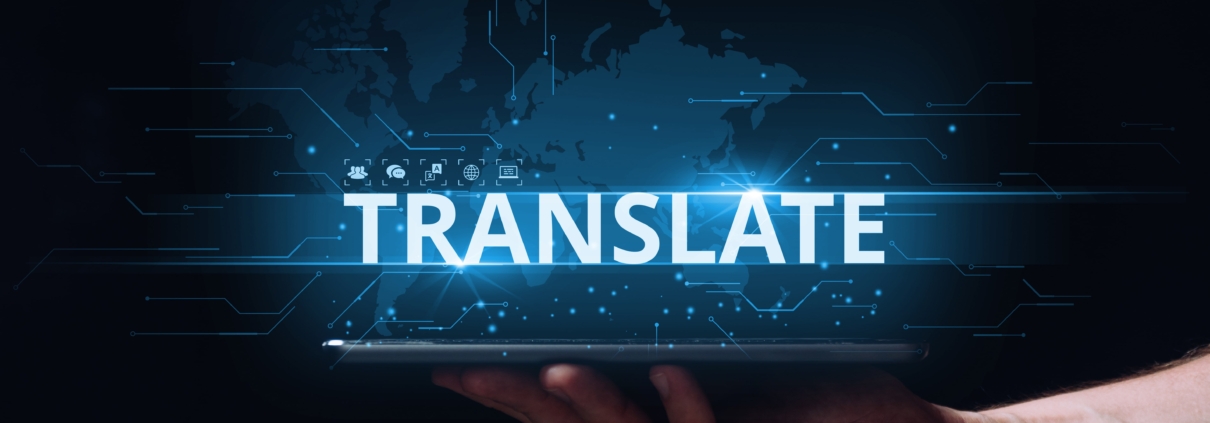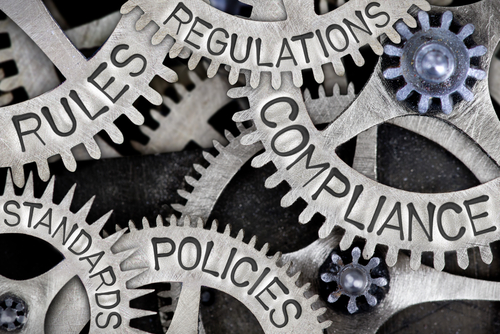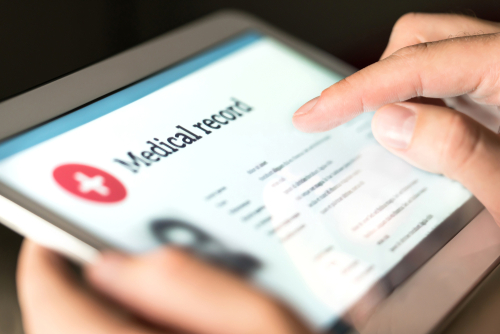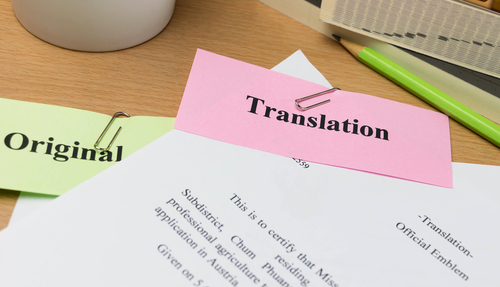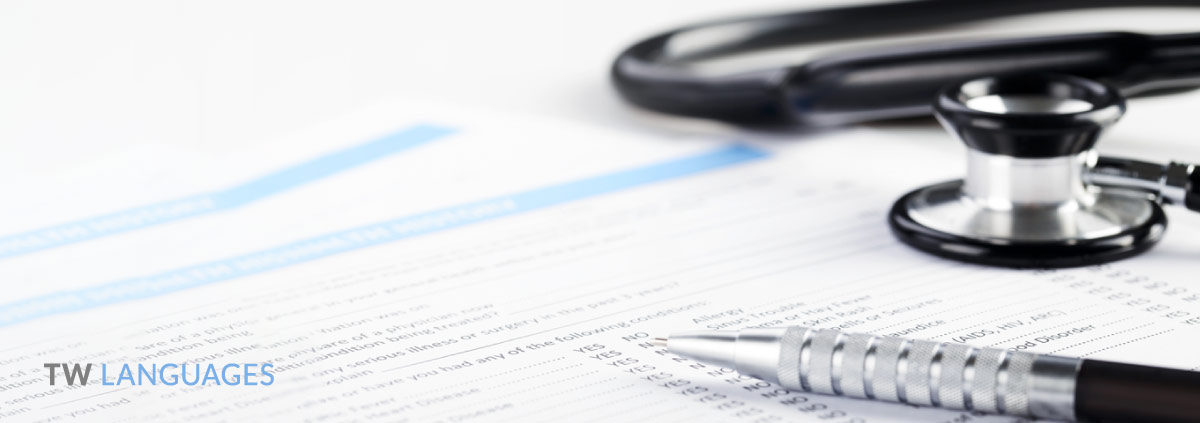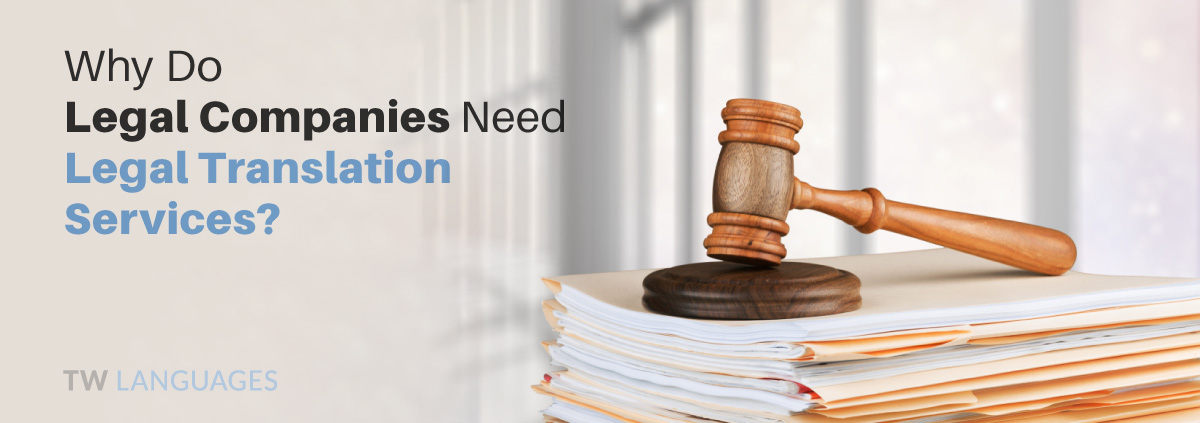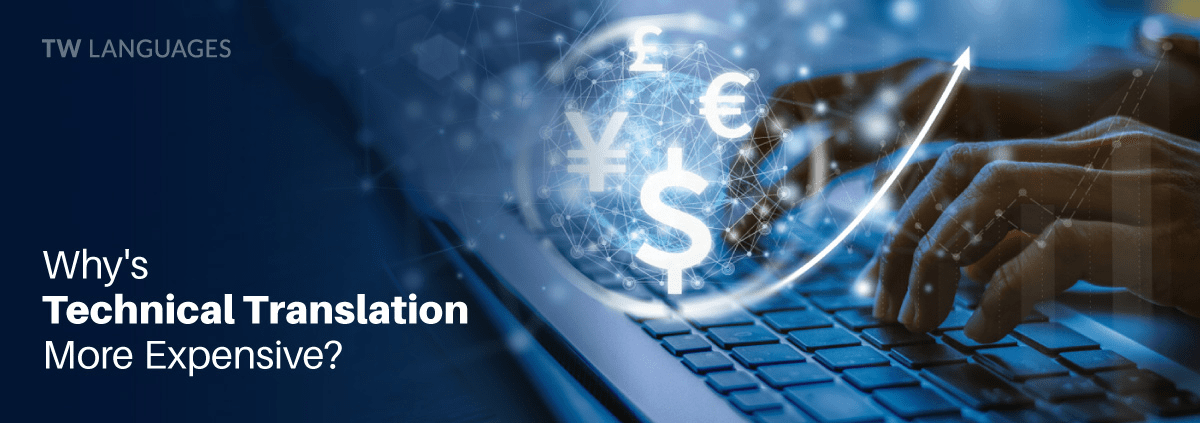How Technical Translations Can Help You Expand Your Business into New Markets?
Expanding your business into new markets is a great way to grow your customer base and increase your revenue. However, when you venture into a new market, you’ll encounter new challenges, including language barriers. Technical translations can help you overcome those barriers and succeed in new markets. In this blog post, we’ll explore how technical translation services can help you expand your business into new markets and reach a broader audience.
What Are Technical Translation Services?
Technical translation services refer to the process of translating technical documents, manuals, and other materials from one language to another. These materials may include technical specifications, user manuals, safety instructions, data sheets, and other technical documents that are specific to your industry. Technical translators are experts in the field, with extensive knowledge of the terminology, concepts, and jargon used in your industry.
Why Do You Need Technical Translation Services?
If you’re looking to expand your business into new markets, technical translation services are essential. Here’s why:
- Reach a Wider Audience: When you translate your technical materials into the local language of your target market, you can reach a broader audience. By doing so, you can expand your customer base and increase your revenue.
- Ensure Accuracy: Technical materials are often complex and require precise language. Technical translation services ensure that your materials are translated accurately, without any errors or mistranslations. This is crucial in industries where safety is paramount, such as healthcare, engineering, and manufacturing.
- Comply with Local Regulations: In some industries, it’s mandatory to have technical materials translated into the local language. For example, medical device manufacturers must comply with local regulations in the markets they sell to. Technical translation services can help you comply with these regulations and avoid legal issues.
- Enhance Your Brand Reputation: When you translate your technical materials accurately, you show your customers that you care about their needs. This can enhance your brand reputation and help you build trust with your customers.
How Can Technical Translation Services Help You Expand Your Business into New Markets?
Now that we’ve discussed the importance of technical translation services, let’s explore how they can help you expand your business into new markets:
- Localise Your Materials: Technical translation services can help you localise your materials, which means adapting them to the cultural and linguistic nuances of your target market. Localisation ensures that your materials are relevant and meaningful to your target audience, increasing the chances of success in that market.
- Improve Customer Satisfaction: When you translate your technical materials accurately and localise them, you improve customer satisfaction. Customers are more likely to purchase products that come with well-translated and relevant technical materials. This can lead to repeat business and positive word-of-mouth.
- Expand Your Market Reach: With technical translation services, you can expand your market reach and tap into new markets. By translating your materials into the local language, you can reach customers who wouldn’t otherwise be able to understand your products or services. This can help you grow your customer base and increase your revenue.
- Stay Ahead of the Competition: When you invest in technical translation services, you stay ahead of the competition. By offering your technical materials in the local language, you show your customers that you’re committed to their needs. This can give you a competitive edge in the market and help you stand out from the crowd.
Conclusion:
In conclusion, technical translation services are essential when it comes to expanding your business into new markets. They help you reach a wider audience, ensure accuracy, comply with local regulations, and enhance your brand reputation. With technical translation services, you can localise your materials, improve customer satisfaction, expand your market reach, and stay ahead of the competition.

